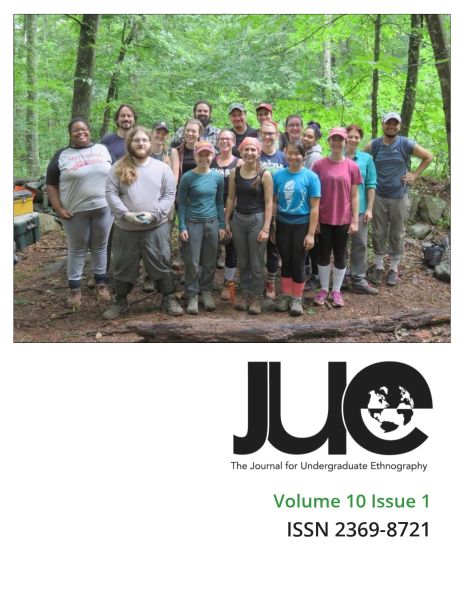Reclaiming Public Spaces in the Informal Economy: Migrant Mothers who Defy Gender Traditions in Cochabamba, Bolivia
DOI:
https://doi.org/10.15273/jue.v10i1.9948Keywords:
motherhood, Bolivia, informal economy, identity, intersectionalityAbstract
In the city of Cochabamba, Bolivia, mothers from the campo have become the engine of the Bolivian economy and leaders in their communities. The issue: they work in the informal sector, which is disapproved by the government and general population. Families from the countryside have lost their homes and traditional means of living as a product of policies in favor of foreign competition. Mothers have become the leaders of their homes and found jobs in the city that have further burdened their role responsibilities. Since there are few safe work opportunities that support indigenous migrant mothers‘ maternal identities, they create their own jobs in spaces traditionally dominated by machista values. Despite intersecting obstacles of gender, class and race, mothers are resilient and capable of redefining spaces and reframing narratives of their motherhood. Drawing on ethnographic data, this article depicts how migrant mothers achieve empowerment, survival and control of their identities thanks to the agency they have found in traditional employment, entrepreneurship and cooperative entrepreneurship within the informal sector, as well as support from non-governmental organizations.


